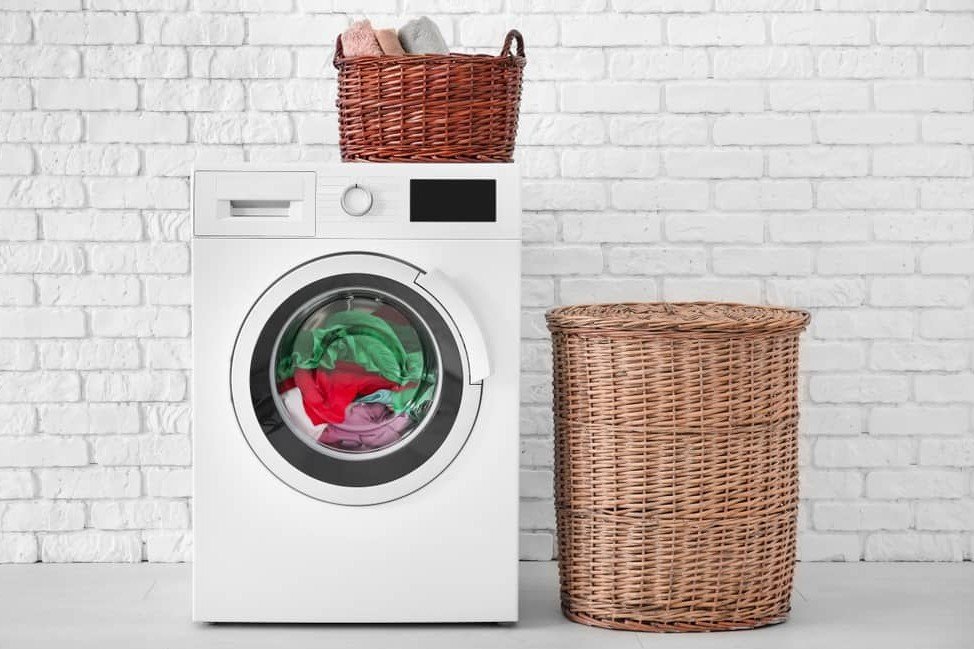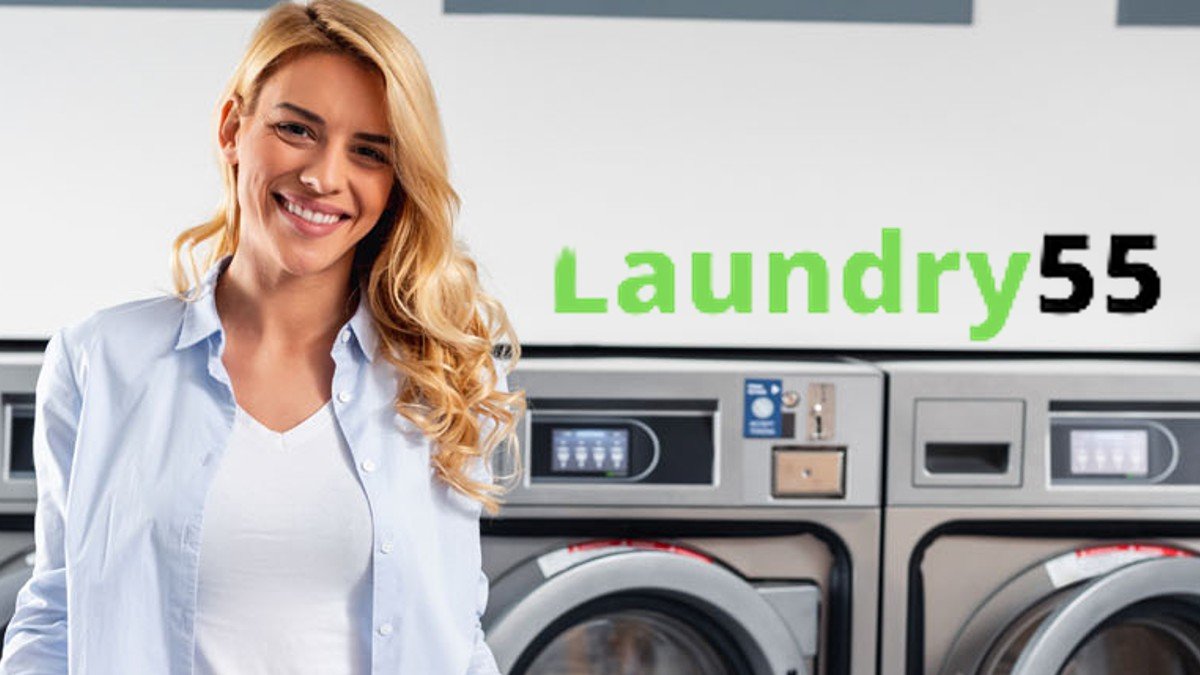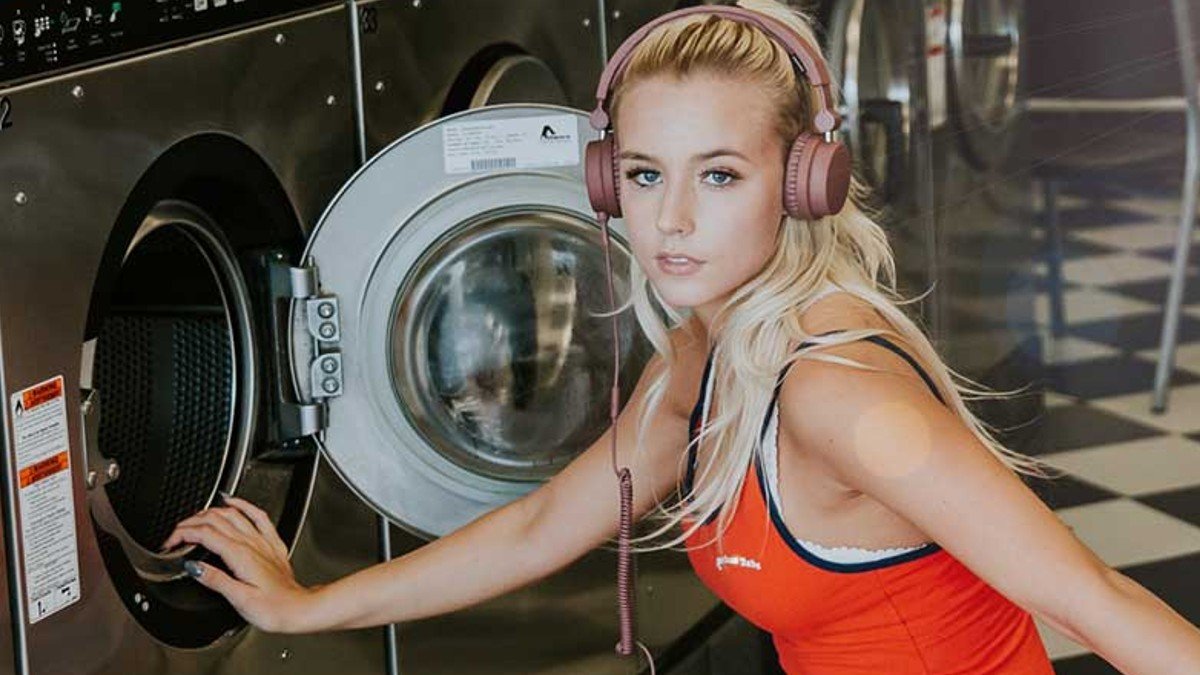Types of laundry

Different Laundry Business Types
Types of laundry: Laundry is a room where clothes and other goods are cleaned, washed, dried, and ironed. Under the hospitality and housekeeping area of the institution.
Laundromat, Retail, On-Premises (OPL), Industrial, Institutional, Off-shore (OL), and Government sectors are all types of places that do laundry.
Here, we’ll talk about each area in detail.
1: Laundry:
Businesses that really meet people’s needs are the ones that do the best. Businesses that make people feel comfortable and cared for by meeting their basic needs. The costs of running a coin-operated laundromat are low, which lets them join the business world.
This is a coin-operated laundry, which is also called a “coin-op” or “coin” laundry.
Commercial washer-extractors and dryers in stores are used by customers for a fee.
The customer wants machines that are easy to use and wash and dry quickly.
A laundromat is good in a bad economy because it doesn’t need as much work and can make more money by selling extra things like laundry accessories, detergents, tea, coffee, etc.
2: Laundry Shops:
Laundry that is clean and safe to use will always be needed in homes, workplaces, schools, and businesses. This alone shows that the laundry business is making money.
Customers can wash and iron their clothes at the retail laundry. Laundries that are open to the public may offer dry cleaning, wet cleaning, and pre-wash repairs. A lot of people go to a retail laundry store to have stains they can’t get rid of at-home dry cleaned or treated.
3: On-Site Laundry (OSL):
On-site laundry is another term for this. Large hotels, drug stores, and hospitals often have their own laundry rooms.
This kind of laundry system needs a lot of money from the management. Businesses that wash a lot of clothes and linens every day should always choose this kind of arrangement.
OPL has a good handle on the linen wash. The quality of the final wash can be closely watched. When linen is outsourced, clothes do not get lost on the way. The laundry or housekeeping staff can easily make sure clothes get to a certain department on time.
The pharmaceutical and healthcare businesses can keep up with in-house laundry.
4: Services for laundry:
Services for laundry is one of the types of laundry Industrial is doing laundry on a large scale. Hotels, hospitals, engineering firms, college dorms, and other large places need a steady supply of clothes. When a business can’t afford to do its own laundry, it hires an industrial laundry. The idea of industrial laundry is more general.
Industrial laundries are in areas that the government has set aside for industry. These areas have plenty of water and electricity. Close to good drainage. Less water in the system means less dirty water from the laundry.
They pick up clothes from engineering, chemical, pharmaceutical, and hotel companies, wash them, and then give them out. Industrial laundry is a growing part of the industrial sector, so it has a bright future. Because all parts of the company need this service.
5: Laundry in the Public Sector:
There are laundry rooms in many government agencies. This type of on-site laundry is unusual (OPL).
The federal and state governments employ a lot of people. There is a laundry room right there. The local government issues a BOOT Laundry tender to install and run it (Built, Operate, Own, and Transfer).
The applicant must have done laundry before. The person who wants the installation pays for it. The government agency then makes payments every month for the next 10 years.
6: Services for laundry:
There are laundry rooms in a lot of places. Schools like engineering, business, pharmacy, and medicine. The boys’ and girls’ dorms are close to these colleges. The hotel owner here uses the laundry service that is right there in the hotel.
Most of the time, these machines take coins. The candidate uses the prepaid laundry card to use the washers and dryers on the premises.
This is an extra service that the college gives to its students who live in dorms.
7: Doing Laundry Abroad:
Standards and values for safety and dependability are in place for offshore laundry. Third parties contracted by the government or municipal governments inspect all offshore washer-extractors, tumble dryers, and ironers.
When choosing laundry equipment, things like time, the chemicals used (and whether they are dangerous or flammable), vibrations from mechanical processes, and the amount of hot water needed to wash clothes offshore are all things to think about.
The steel used in washing machines is vital. The salty water and salty breezes will be a problem for this equipment. Because saltwater causes stainless steel to rust. So laundry machines use specific steel.
On offshore rigs, the voltage changes often. Sea breezes have a lot of wind force. A safe spot for the laundry equipment that can withstand frequent wind shocks.
No matter what, you should never use dangerous chemicals, sparking equipment, or try to start a fire. Take the right precautions before installing and using a washing machine.
Read more How to use laundry in a sentence


